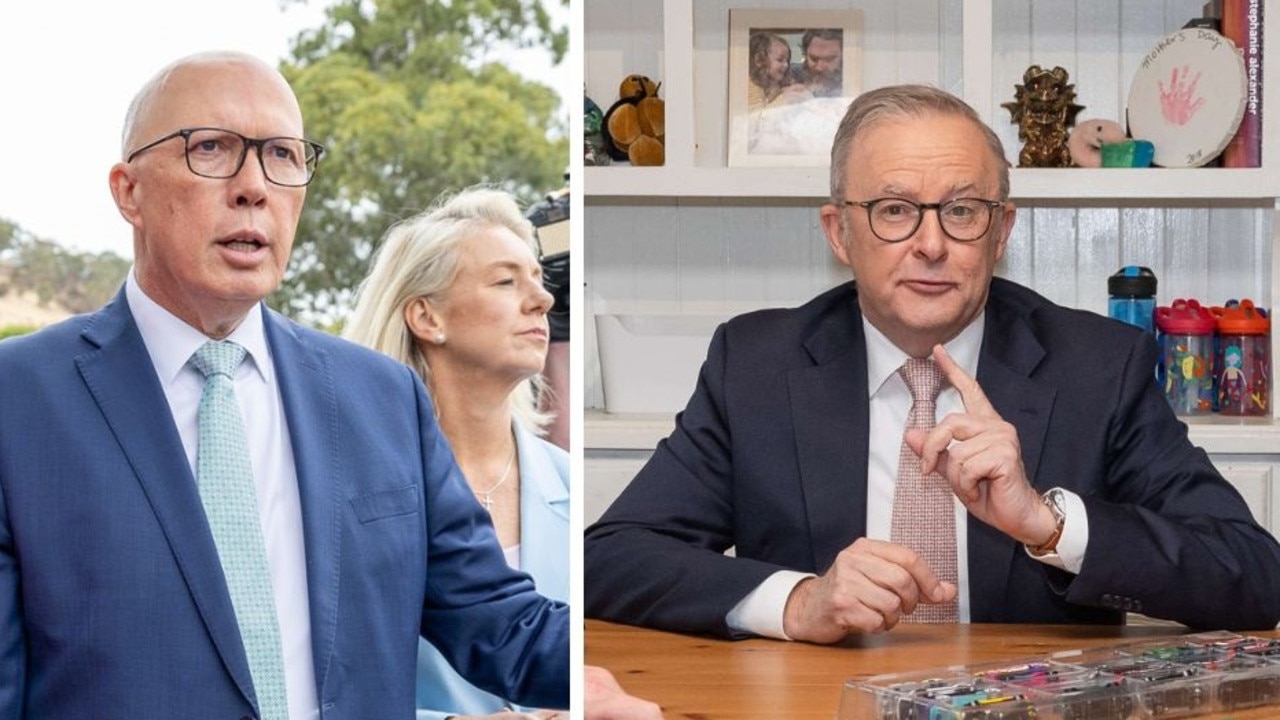Former PM Julia Gillard says women could be left behind as men return to the office
Former prime minister Julia Gillard has a message for the women she says risk becoming ‘invisible behind a screen’.
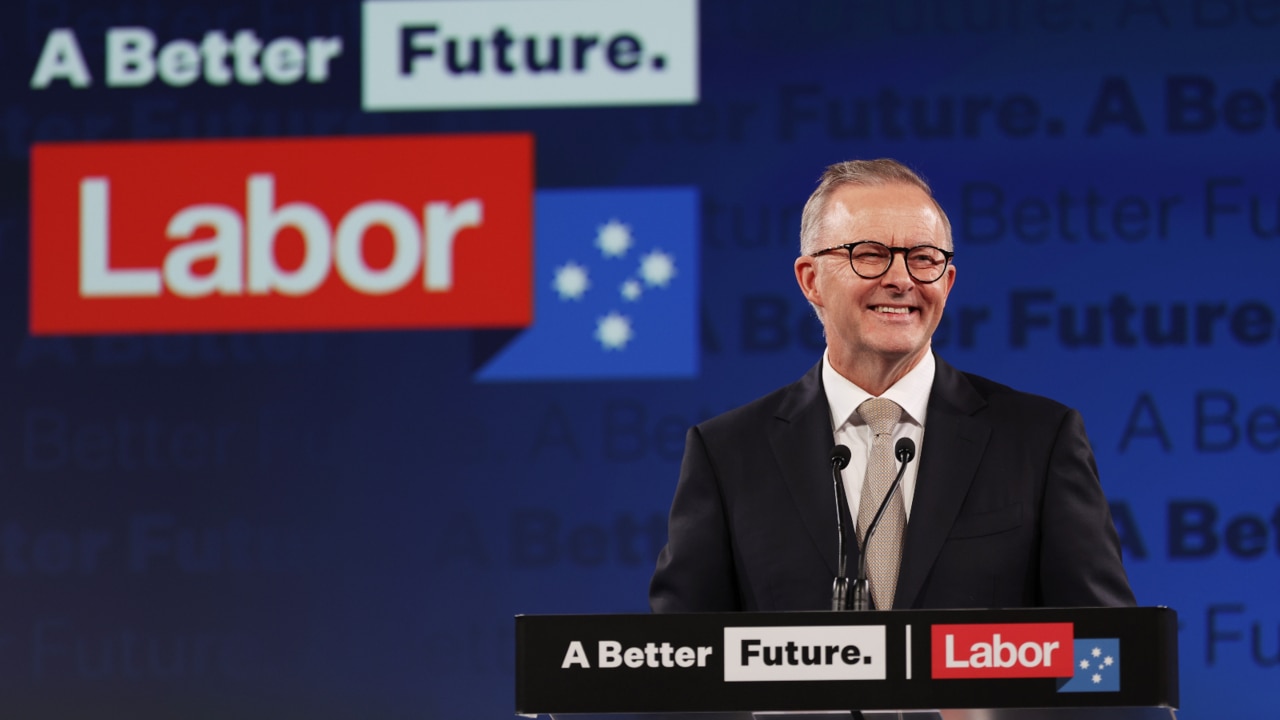
Former prime minister Julia Gillard has warned working from home may disadvantage women who risk becoming “invisible behind a screen” while men return to the office.
Ms Gillard said women were more likely to work from home in order to take on caring responsibilities and could therefore miss out on professional opportunities.
She made the remarks while moderating a panel discussion on workplace gender equality hosted by the Global Institute for Women’s Leadership, which she founded, in Canberra on Wednesday.
“We know domestic and caring labour are not equitably distributed,” Ms Gillard told the mostly female audience at The Australian National University.
“If nothing else changes in five years’ time what we’ll see is that women — particularly women in the family formation stage — have chosen disproportionately to work at home and men have been much more regular attenders of the office.
“And if nothing else changes that will show in who is being considered for a promotion, who is being considered for sponsorship and mentorship, and who is being put on the best training opportunities.”
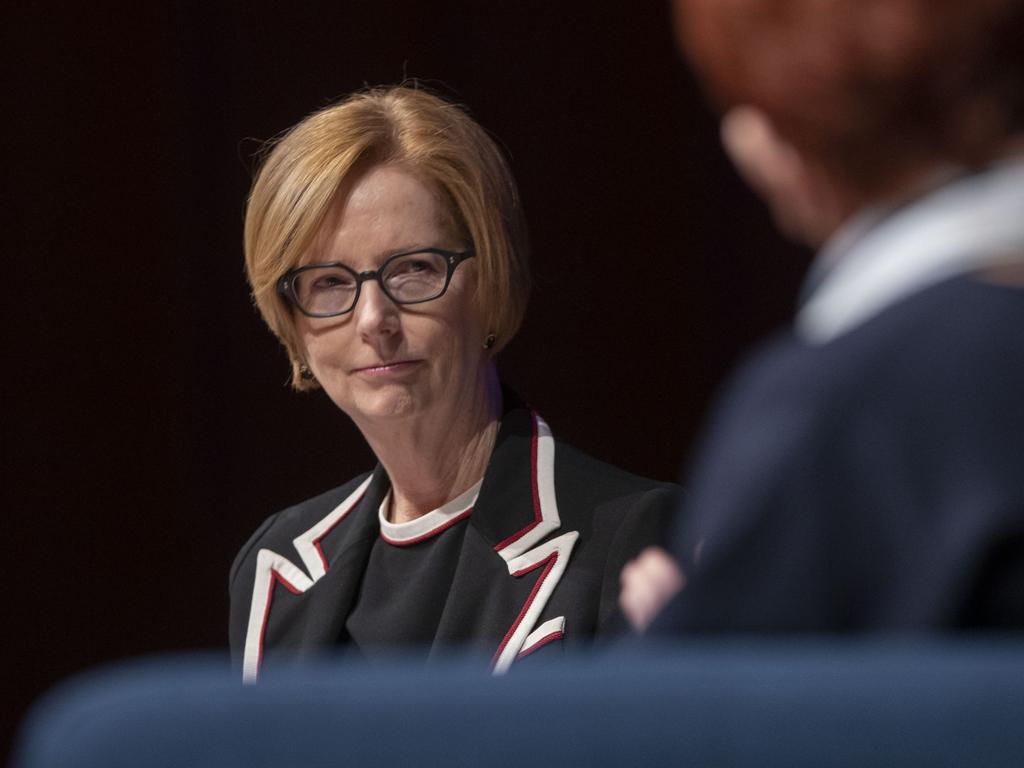
Mary Wooldridge, the Workplace Gender Equality Agency’s director, said she wanted the ability to compel private companies to report gender pay gaps.
“The next level is around transparency…We do it at industry level but not at individual company level,” she said at the ANU event.
Ms Wooldridge said WGEA was also starting to work on how to collect broader diversity data beyond gender and pay.
“(What) we’ve got to do is work out how we support employers to capture that information accurately in the first place,” she said.
“We’re on a pathway for that which I think is very exciting”.
WGEA was established after the Gillard government passed the Workplace Gender Equality Act in 2012.
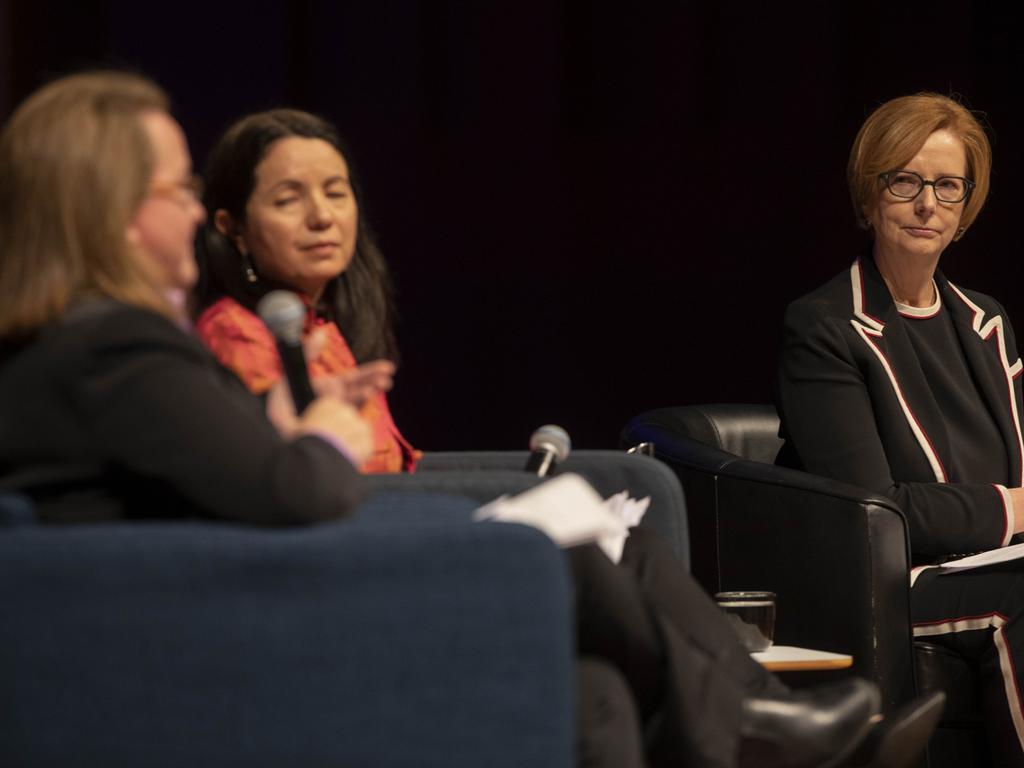
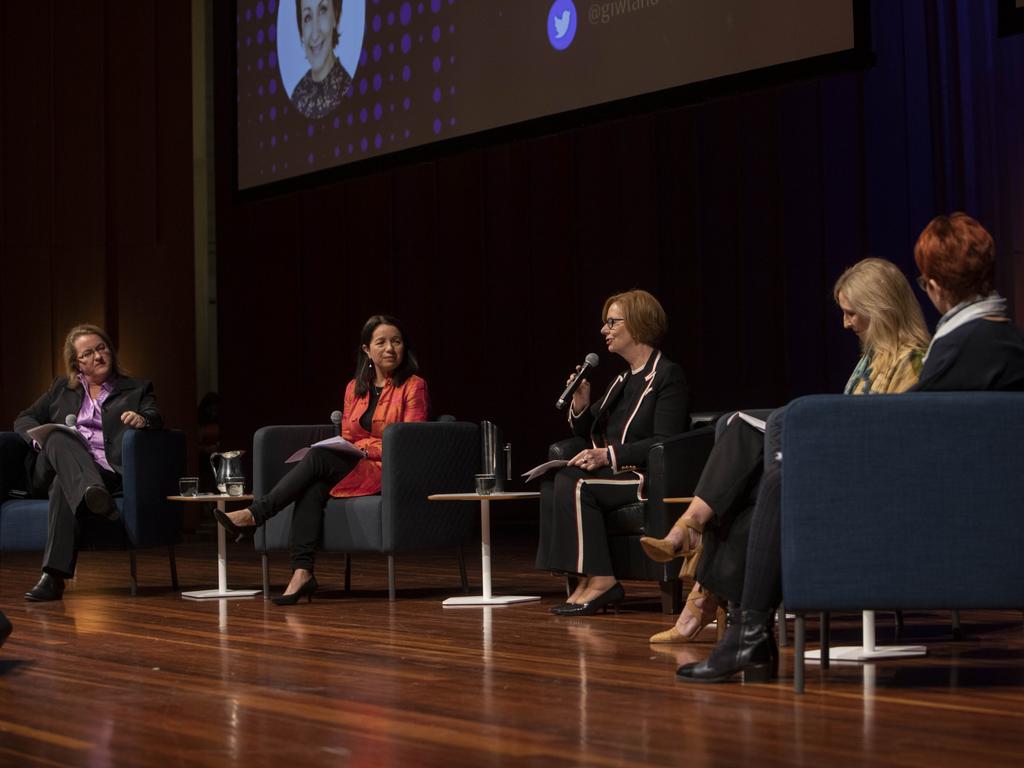
Ms Gillard noted Wednesday’s event coincided with the swearing in of the Albanese government’s new ministry, which contains a record 13 women including 10 in cabinet.
The speakers on the panel threw their support behind improved access to childcare after Ms Gillard asked them what their three wishes of the new Labor government would be.
KMPG partner Dr Jane Gunn said the issue of child care affordability for working women was “very much on the agenda” at her company.
Ms Gillard made a rare return to the political limelight to support the final stage of Anthony Albanese’s campaign, declaring Labor would be a “government for women”.
Labor before the election pledged to spend $5.4bn to make childcare cheaper which Mr Albanese promised would reduce costs for 96 per cent of Australian families.
Labor has also promised to order a Productivity Commission review of the sector with the aim of eventually introducing a 90 per cent universal subsidy for all families.



